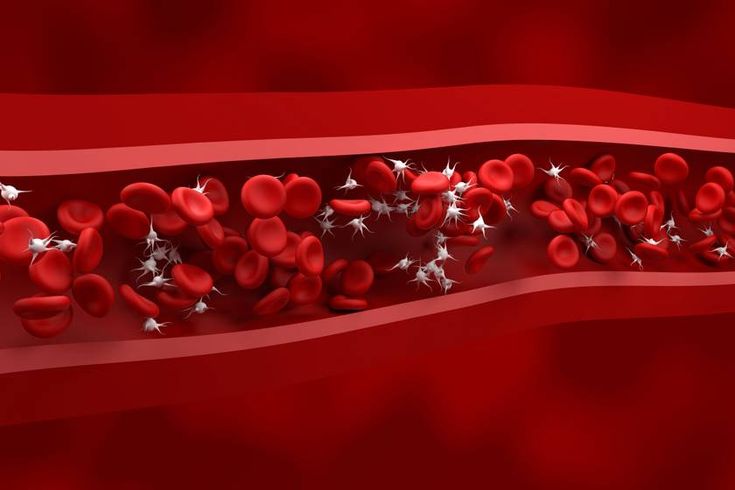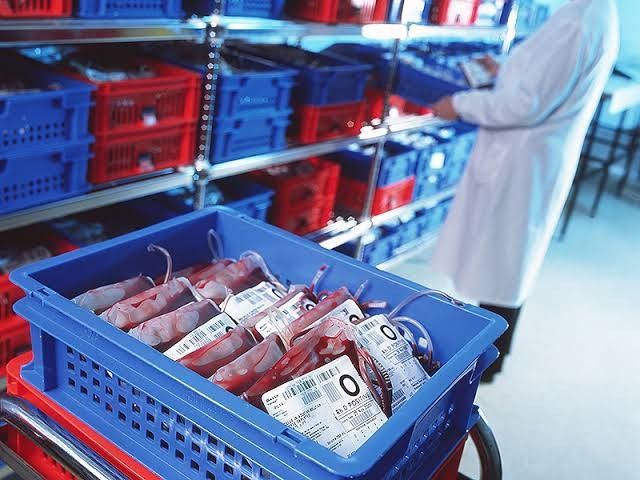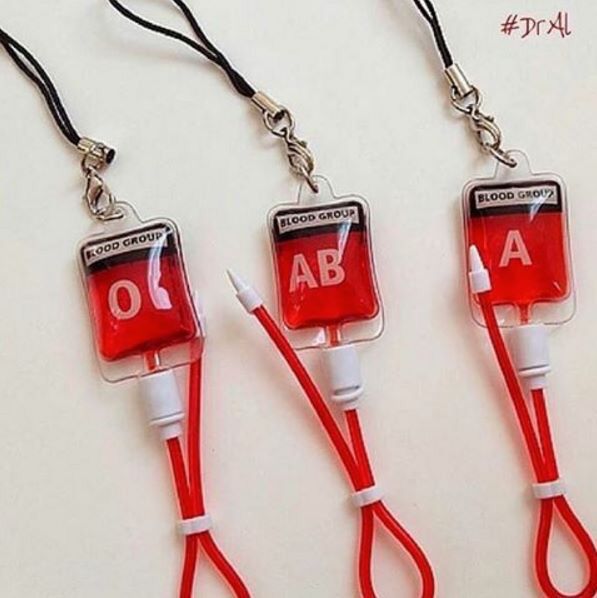The Healing Power of Synthetic Blood
In the expanding boundaries of medical imagination, blood is no longer just the vital fluid coursing through our veins—it may soon become a laboratory-crafted miracle. Synthetic blood, a term that once sounded like science fiction, is now edging closer to reality, offering new possibilities for the future of healthcare.

From Transfusion Challenges to Scientific Breakthroughs
Human dependence on blood is evident everywhere, from battlefields to emergency rooms. Yet the reality of blood shortages has long been a pressing issue. Blood must be carefully matched, and incompatibility between blood types often poses risks during urgent transfusions. Synthetic blood, however, could be the breakthrough solution. Free from blood type restrictions, it can be universally transfused, meaning doctors would no longer lose precious time worrying about compatibility.
Scientists are already working with artificially synthesized molecules or modified hemoglobin to replicate the oxygen-carrying function of natural blood. Oxygen transport is the core task of blood, and synthetic substitutes have shown remarkable promise in delivering it throughout the body. This is not just replacement—it might be an enhancement.
A Lifeline for Battlefields and Space
Imagine a disaster site far from hospitals, or a deep-space mission without medical support. Synthetic blood could become the lifeline for survival. Unlike natural blood, it doesn’t always require cold storage, allowing it to be preserved for long periods under extreme conditions. Whether it’s an astronaut injured on Mars or a soldier losing blood on the front line, a bag of synthetic blood could make the difference between life and death.
This broadens the future of medical care. Synthetic blood may not only be a hospital reserve but could one day be as commonplace as painkillers, carried in travel kits as a “must-have” for emergencies.

Beyond Imitation
If the first generation of synthetic blood focuses on imitation, future versions may evolve into “upgraded blood.” They could carry more oxygen, boosting endurance for athletes under extreme strain; or be engineered with antimicrobial agents, cleansing infections during transfusion. In cancer therapy or organ transplants, synthetic blood might even function as a drug delivery system and immune regulator at once.
The concept of “customized blood” is truly thrilling. For the first time, humanity has the chance not just to rely on natural physiology but to redefine what blood can do.
Ethics and Risks
Every revolutionary advance in medicine brings questions of ethics and safety. Can synthetic blood truly avoid side effects? Could it be misused for performance enhancement or end up on the black market? These are challenges society and science must face together. Between medical miracles and human desire lies a fragile line.

The Pulse of the Future
Blood has always symbolized life and hope, and the story of synthetic blood may be the next chapter in medical evolution. It paints a vision where life is no longer limited by blood type or supply shortages. One day, a surgeon may open the freezer and find not “a donor’s gift,” but a carefully engineered liquid lifeline.
Synthetic blood is not a fantasy. It is steadily being shaped into reality by science. When it finally flows through human veins, it will mark not only a medical revolution but also a profound shift in how humanity understands and controls life itself. The future of medicine may well beat to the rhythm of this artificial pulse.
(Writer:Tick)





